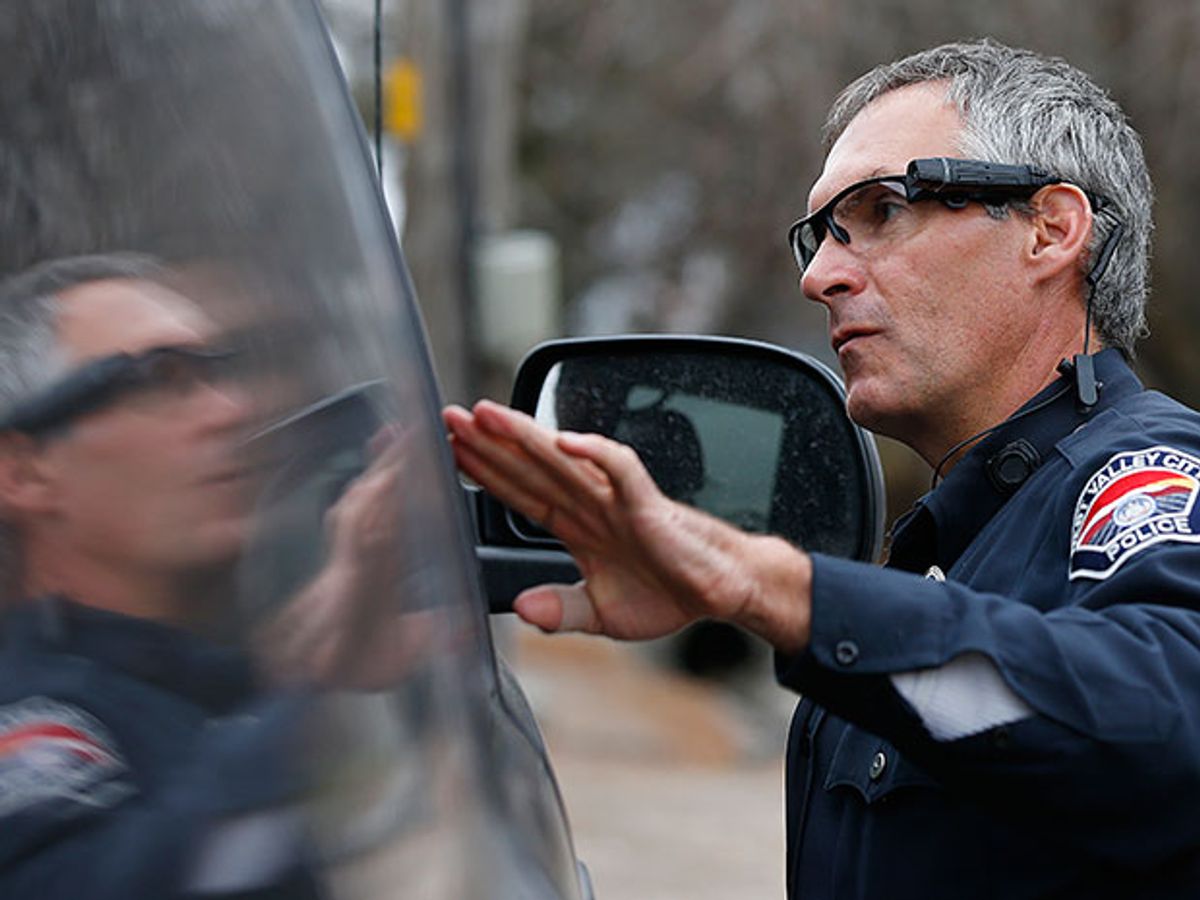Barak Ariel, a lecturer at the University of Cambridge’s Institute for Criminology, wrote last month for IEEE Spectrum about his studies of police body cameras. He described there the startlingly good outcomes in the first large-scale trial of police body cameras, which he and two colleagues carried out in Rialto, Calif., in 2012 and 2013. That study indicated that these cameras reduce both the frequency with which officers resort to using force and the frequency with which citizens register complaints against officers.
Ariel also shared in that article some newer results from a wide-ranging set of trials testing the effects of these cameras on the police use of force—results that would temper anyone’s enthusism for these cameras. You see, in a few of the trials, the use of force by police officers seemingly went up when they were wearing cameras. I say “seemingly” because it’s impossible to tell whether the use of force actually went up or if the cameras merely cause there to be more reports of force being used by officers. And this result wasn’t consistent: In some places police use of force went down when cameras were worn; in others it stayed about the same. In any case, it was a troubling finding.
Now Ariel and his colleagues have some even more disappointing news, which has just been published in the European Journal of Criminology. It seems that when officers wear body cameras, they are more likely to be assaulted. Now that’s strange. You’d imagine that wearing these cameras could only do the opposite.
Ariel and his coauthors offer some speculations as to what may be going on. One possibility is that the simple act of turning on a camera and announcing that it’s running escalates many already-tense encounters, ending up with more of them that come to blows. Another is that when these cameras are running, police officers are less assertive, which could make them more vulnerable to assault.
The final possibility that Ariel offers is, however, the one I’d put my money on. He says that the increased frequency of on-officer assaults might be a natural corollary of the decrease in the use of force by officers. With no camera recording the goings-on, officers may be more inclined to use force when they themselves are assaulted. When the cameras are watching them, however, they suppress their normal tendency to provide a “tit-for-tat” response and simply report the incident. Turn the other cheek, but write it up, you might say.
If that’s true, then this bad news about police body cameras isn’t such bad news after all.
David Schneider is a senior editor at IEEE Spectrum. His beat focuses on computing, and he contributes frequently to Spectrum's Hands On column. He holds a bachelor's degree in geology from Yale, a master's in engineering from UC Berkeley, and a doctorate in geology from Columbia.



